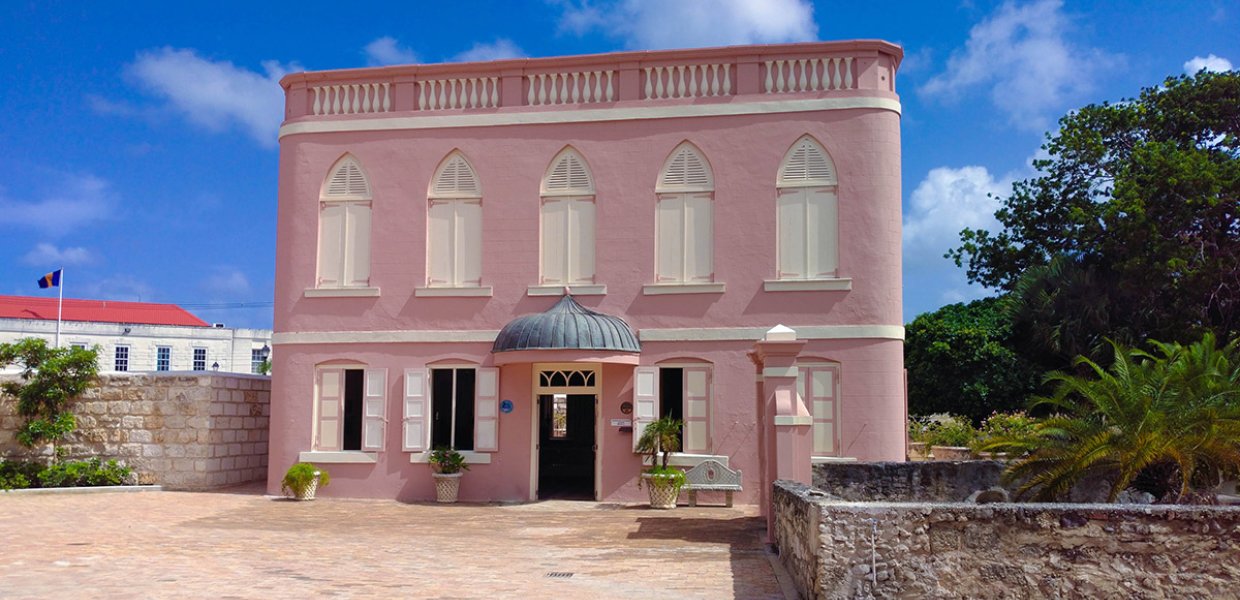To examine the many ways — both dramatic and nuanced — that the pandemic has changed lives, a group of 13 USC Annenberg graduate students from around the world embarked on an audio series illustrating just how different everything is now.
Their narratives are part of a podcast collaboration with LAist Studios called Imperfect Paradise: How COVID Changed Everything.
“The collaboration with the USC Annenberg School of Journalism was an excellent opportunity to include the voices of the next generation of journalists," said Shana Naomi Krochmal, vice president of podcasting at LAist Studios. “While there’s no end to the reporting on COVID's widespread impact, we wanted to be able to reflect the humanity of the little moments, too, that are now part of our changed world.”
Produced by USC Annenberg adjunct instructors Megan Donis and Kelly McEvers, and hosted by McEvers, the collaboration served as the assignment for JOUR 525: This California Life: Storytelling for Radio and Podcasting.
The graduate-level course emulates how students would work on a documentary podcast in the professional world. The hands-on instruction leans heavily on the actual producing, editing, collaboration, notetaking and development of stories, rather than lecturing.
“We didn't want this series to be necessarily sad or an obituary, but we wanted to create a space to reflect on the many ways that life changed with COVID, and even some of the things that people want to keep with them as life returns to “normal'” Donis said. “It was really about seismic, emotional, psychological, societal changes that are nuanced and also obvious, and that we won't know the effects of for years to come.”
Beginning with the first class, students formulated and pitched story ideas for the series that they would produce over the course of the semester. One student used the project to face her domestic abuser. Others focused on attending an entirely virtual wedding, discovering the power of an ice bath and organizing LA's cultural workers.
“What I love about this series — I mean, I love a lot of things about it — but when we finally put it all together there were so many perspectives,” McEvers said. “One of our journalists is from Nigeria, another is from Mexico City, two are from China and one is from Finland. They all came to this city, to this place, to this institution and told stories from here. But they bring this incredibly rich world of perspectives that you just wouldn't get anywhere else.”
Donis remarked on the vulnerability all of the students showed.
“When you're able to look at one issue through the lens of so many different perspectives, it’s like a domino effect that opens your mind,” she said. “Stories are how we make social change and the impact of listening to something that is a universal thing, that everyone went through makes us more enriched, tolerant, interested and empathetic.”
For her final project, Master of Public Diplomacy student Sarah Schornstein shared how COVID-19 helped her connect with her Jewish roots by exploring the history of a 400-year-old synagogue in Barbados.
While she does not see a career as a full-time podcaster in her future, Schornstein’s goal is to work in political communications or international affairs. She is confident that the skills she obtained during the course will help her stay competitive in the rapidly changing communications industry. As a summer intern at Fox, she is already applying the interview, quality control, and public relations skills that were enhanced during the semester.
“Being as well-rounded as possible was the reason why I was excited to enroll in this course,” Schornstein said. “Besides the fact that my podcast is now published, I think the most valuable thing I took away was time management and practical journalism skills.”
“What we're teaching students in this course can be applied to print, documentary, filmmaking and fiction storytelling,” Donis explained. “All of these foundational ways of telling a story — character, plot, action and motivation — are universal no matter what medium you’re working in.”
In an LAist article, Master of Arts in Specialized Journalism student Ariana Rodriguez reflects on the experience of being in the class which includes students from across USC Annenberg’s communication and journalism master’s degree programs: Jen Byers, Vittoria Cecchini, Citlalli Chavez-Nava, Iliya Kure, Yanwen Li, Colton Lucas, Ziqi Luo, Erkka Mikkonen, Grace Murray, Sarah Schornstien, Austin Stanovich and Eugenio Tames Alanis.
JOUR 525 was originally developed in 2008 by Professor of Journalism and Director of the MA in Specialized Journalism program Sandy Tolan.
“Our fearless leader, Sandy Tolan, made the whole thing possible — the class, me and Megan, and the idea of collaboration,” McEvers said. “He was pushing for this to happen and pushing the students to do better and better every week.”
Imperfect Paradise: How COVID Changed Everything is available on Apple Podcasts, Spotify or wherever you listen to podcasts.
